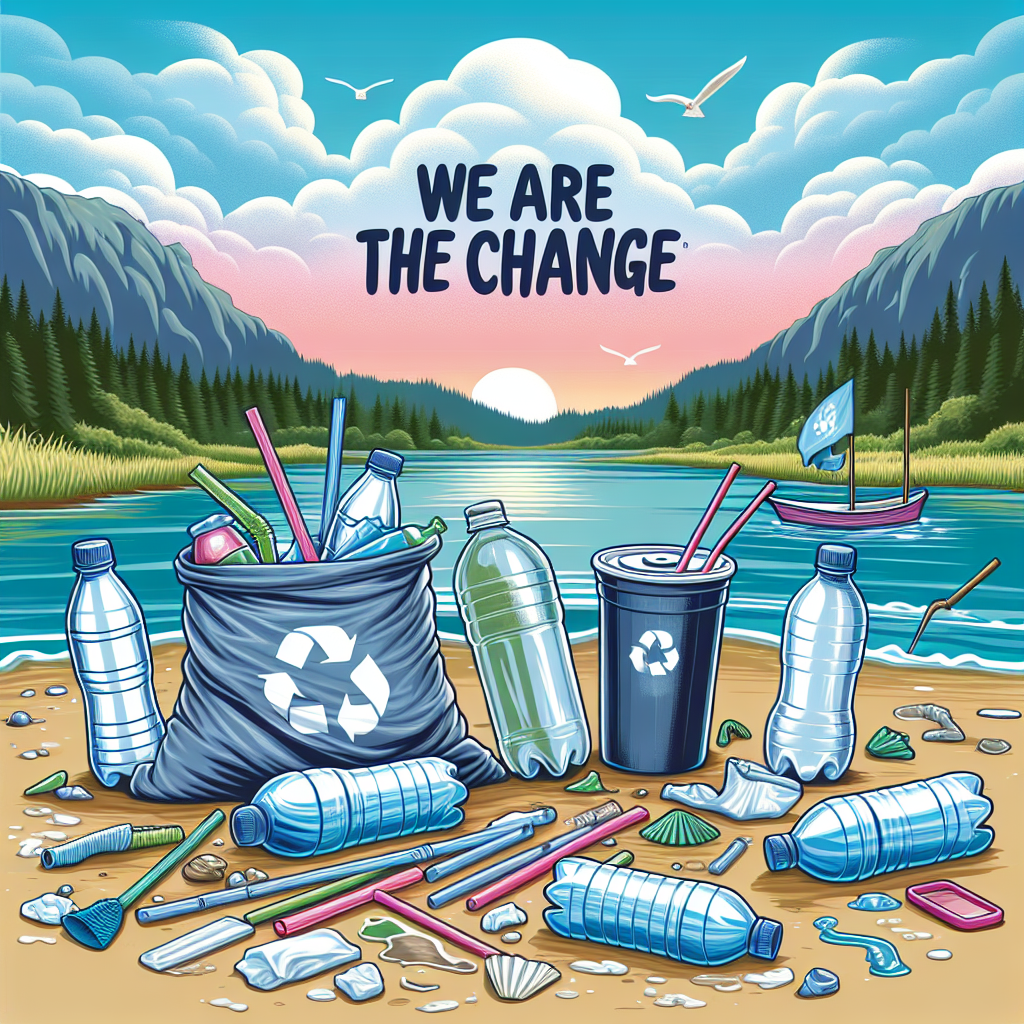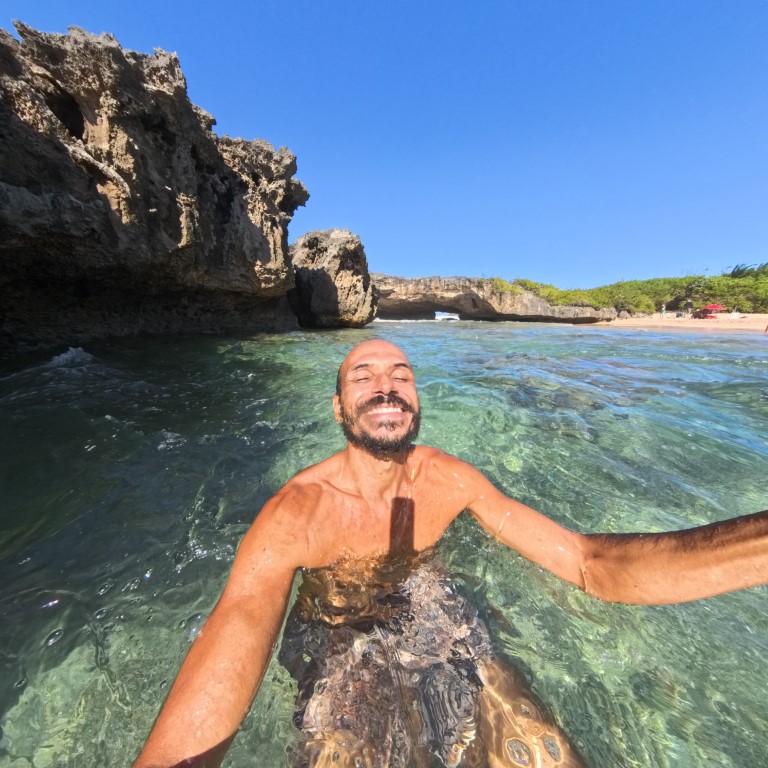The Case Against Single-Use Plastics: A Call for Change
Hey wild ones,
As someone who’s spent over a decade walking the shores of Puerto Rico, cleaning up trash and raising awareness about our planet’s health, I’ve witnessed firsthand the devastating impact of single-use plastics. These items, such as plastic bags, straws, utensils, and bottles, are designed to be used once and then discarded. Yet, they linger in our environment for hundreds of years, polluting our beaches, rivers, and oceans, and endangering wildlife.
Single-use plastics are an invisible enemy hiding in plain sight. These "conveniences" are suffocating our planet, choking wildlife, and infiltrating our own bodies. Every day, millions of plastic items are used for a few fleeting moments and then discarded, only to remain in the environment for centuries.
Reducing single-use plastics isn’t just an environmental cause; it’s a call to action for all of us to live more consciously and harmoniously with nature. You might say it's just one plastic bottle or cup, but there are billions of people on this planet. So the question is what type of footprint do we choose to leave behind. Here’s why we need to make this change and how we can start today.
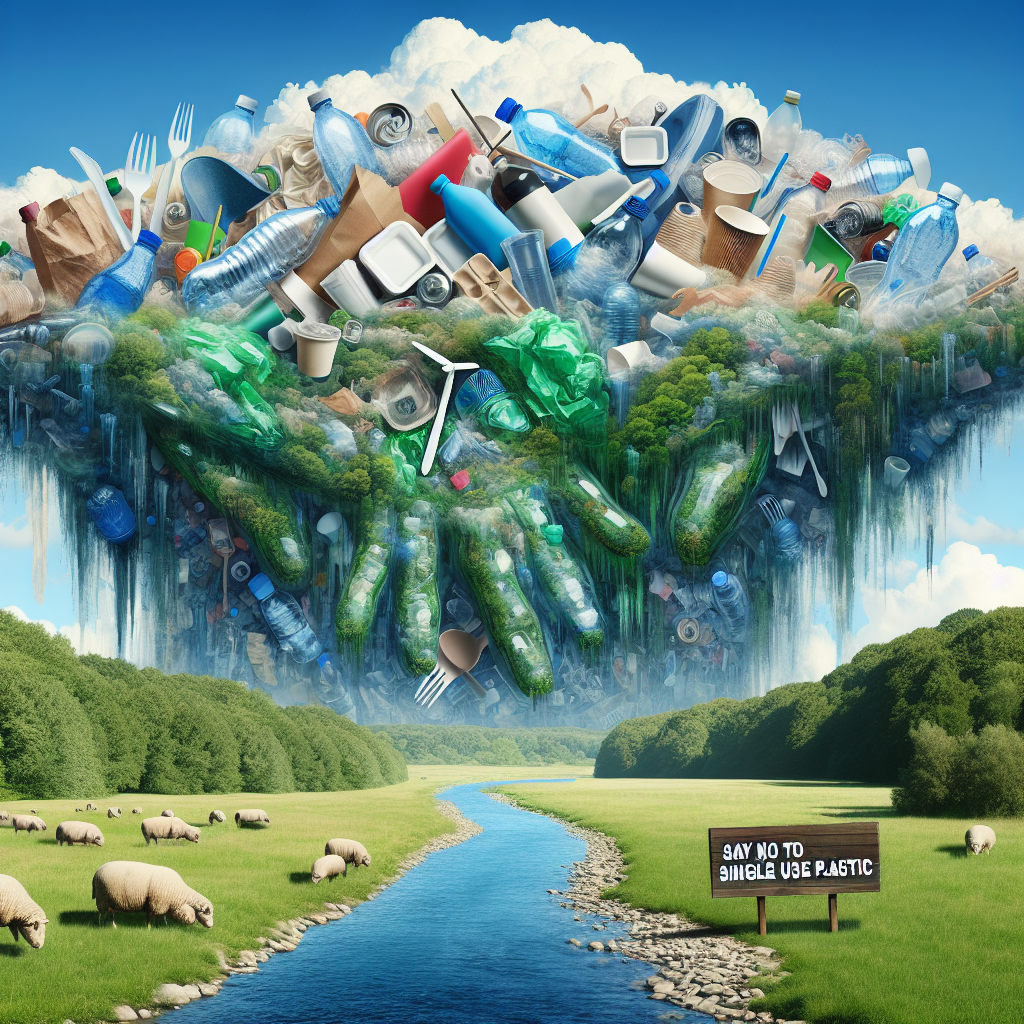
The Problem With Single-Use Plastics
Plastic Pollution is Everywhere
No matter how remote or pristine a place may seem, single-use plastics find their way there. On my beach cleanups, I’ve found plastic bags tangled in mangroves, bottle caps buried in the sand, and straws floating in the waves.
The scale of this issue is staggering:
Over 300 million tons of plastic are produced every year, and at least 14 million tons end up in the ocean annually.
Plastic makes up 80% of all marine debris, from surface waters to deep-sea sediments.
The haunting truth is that every piece of plastic ever made still exists in some form today. Even when it breaks down into tiny microplastics, it continues to pollute, infiltrating our soil, water, and air.
It’s Killing Marine Life
Plastic pollution affects nearly 700 species, including endangered animals. Sea turtles mistake plastic bags for jellyfish, birds feed their chicks bottle caps, and whales wash ashore with stomachs full of plastic.
Even more alarming:
Microplastics have been found in 90% of seabirds and 100% of sea turtles.
These plastics break down into smaller pieces, which are ingested by fish and ultimately make their way into our food chain.
The ocean isn’t just a dumping ground; it’s a source of life for countless species, including us. When marine life suffers, we all suffer.
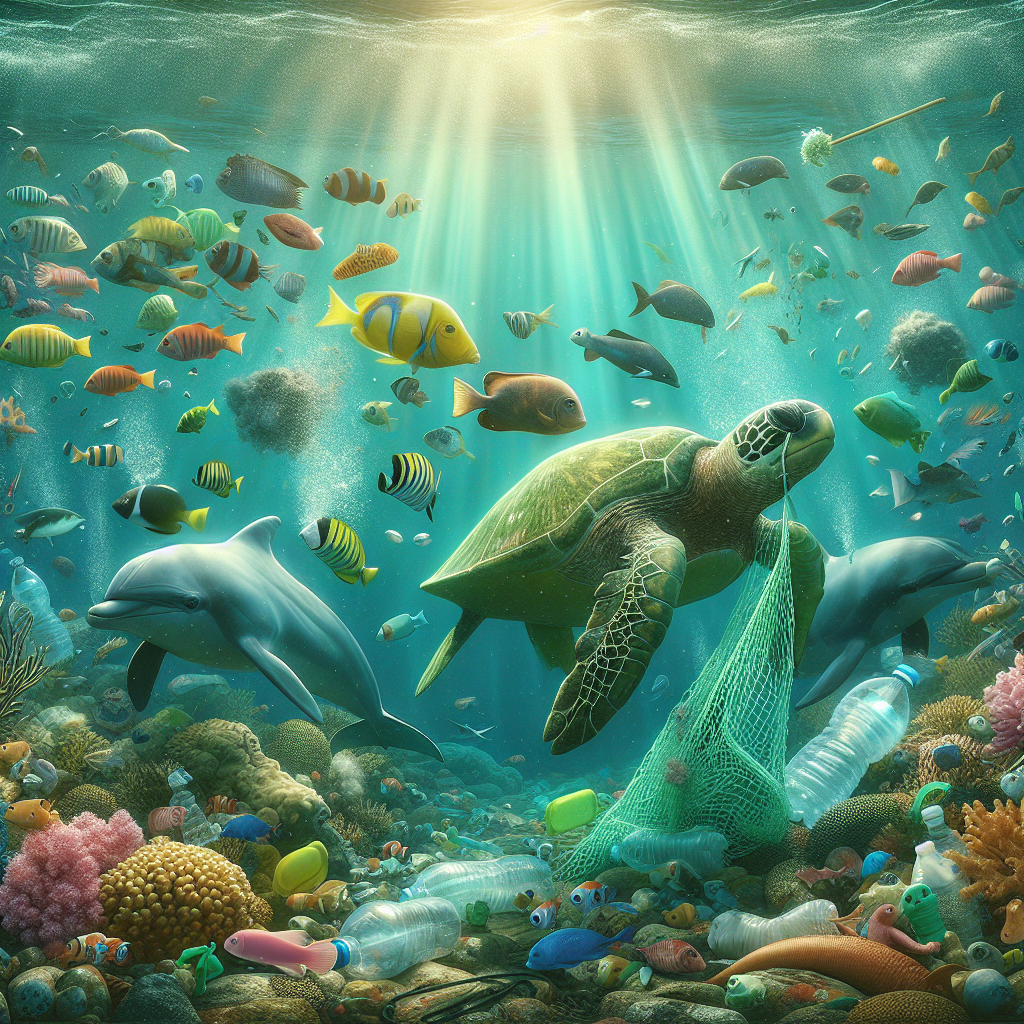
It’s a Reflection of Overconsumption
Single-use plastics symbolize our throwaway culture, using more than we need and discarding without thought. By reducing our reliance on them, we’re taking a stand against overconsumption that’s depleting our planet’s resources and filling our landfills and oceans with waste.
Every plastic fork, straw, and bag is a symptom of a larger issue: a culture of excess. By rethinking our relationship with convenience, we can challenge the systems that prioritize profit over the planet.
How to Reduce Single-Use Plastics in Your Daily Life
Carry Reusable Alternatives
Invest in a reusable water bottle, travel mug, and shopping bags. These small changes can significantly reduce the amount of plastic you consume.
Refuse Plastic at the Source
Say no to straws, plastic utensils, and unnecessary packaging. If you’re eating out, bring your own utensils or ask for eco-friendly options.
Shop Consciously
Support brands and businesses that prioritize sustainable packaging. Look for products in glass, paper, or other biodegradable materials.
Educate and Inspire Others
Talk to your friends and family about the impact of single-use plastics. Share your journey on social media and encourage others to join you in reducing plastic waste.
Participate in Cleanup Efforts
Join or organize cleanups in your area. Removing plastics from the environment not only protects wildlife but also raises awareness about the scale of the problem.
The Power of Individual Action
As I walk the beaches of Puerto Rico, I’m reminded every day of the power of individual and collective action. Imagine if each of us refused single-use plastics in our daily lives. Imagine the impact if we all demanded better alternatives from businesses and governments.
Every piece of trash removed from the beach is a small victory. Each reusable bag or bottle we choose is a step toward a more sustainable future. Together, these steps create a movement, one that challenges the throwaway culture and demands a cleaner, healthier planet.
The Bigger Picture
Reducing single-use plastics isn’t just about cleaning up the environment; it’s about changing our mindset. It’s about recognizing that the convenience of plastic comes at a cost we can no longer afford.
Consider these facts:
- It takes up to 1,000 years for a single plastic bag to degrade, but it doesn’t disappear—it breaks into microplastics that persist in the environment.
- Less than 10% of all plastic ever produced has been recycled.
When we reduce our plastic use, we’re taking a stand for the health of our planet, our communities, and future generations.
A Call to Action
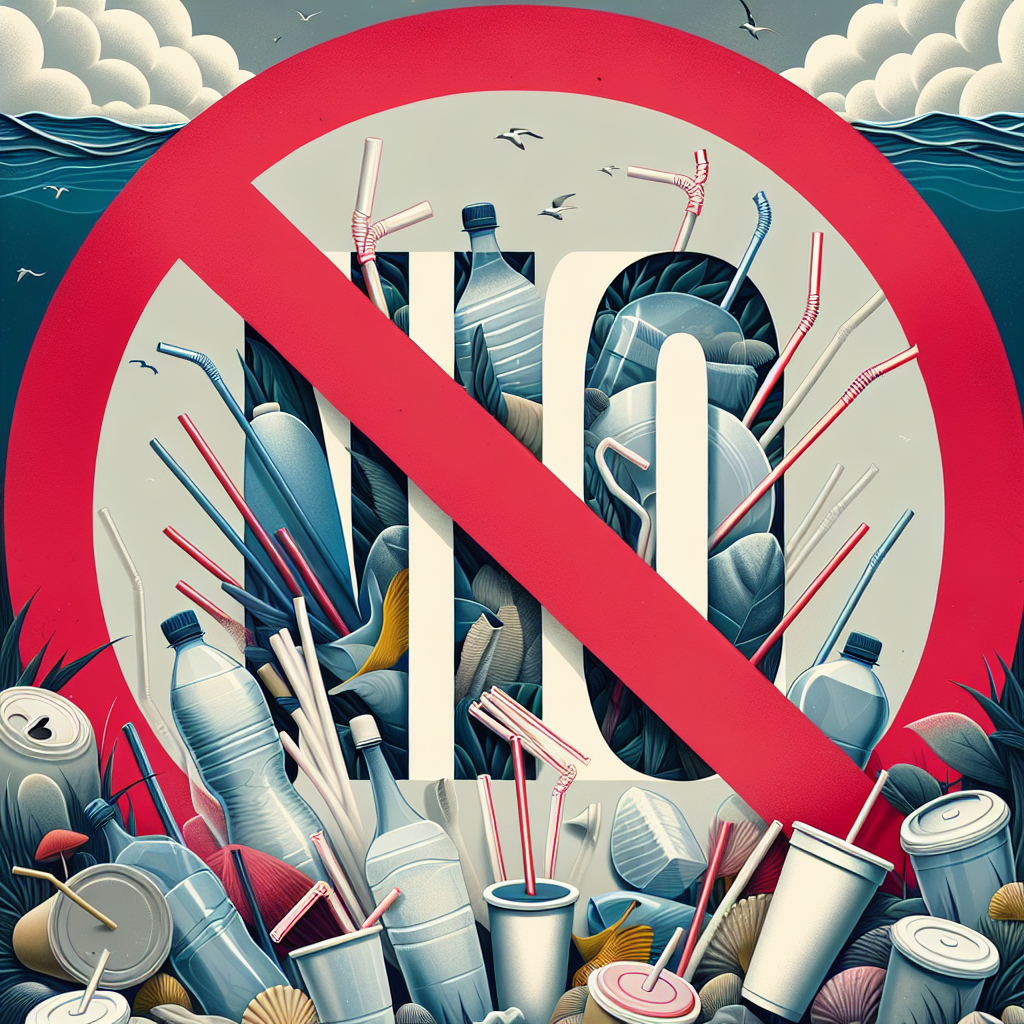
It starts with us, wild ones. Let’s take the first step. Let’s refuse single-use plastics and embrace a lifestyle that respects and protects our beautiful planet.
The power of individual and collective action is real. Imagine if each of us refused single-use plastics in our daily lives. Imagine the impact if we all demanded better alternatives from businesses and governments.
Are you ready to make the change? Let’s do it: one reusable bottle, one fabric bag, and one conscious choice at a time. Together, we can create a future where plastic pollution is a thing of the past.
What are your favorite tips for reducing single-use plastics? I’d love to hear your thoughts and ideas—share them in the comments below.
Sources
- International Union for Conservation of Nature (IUCN)
- World Wide Fund for Nature (WWF)
- Center for Biological Diversity
- Plastics For Change

